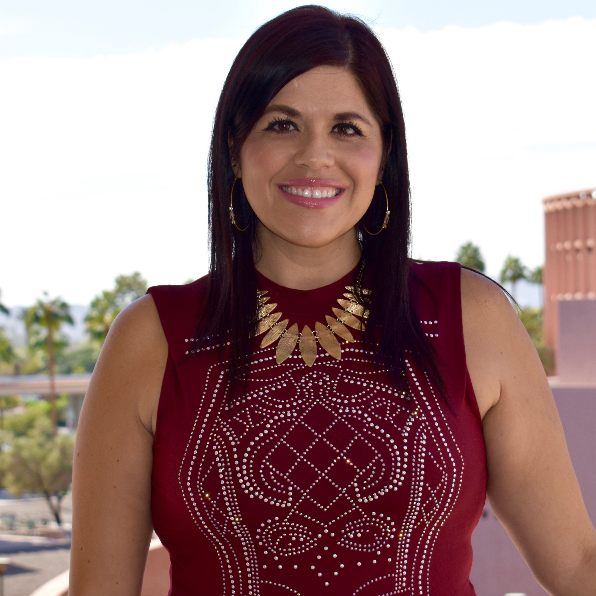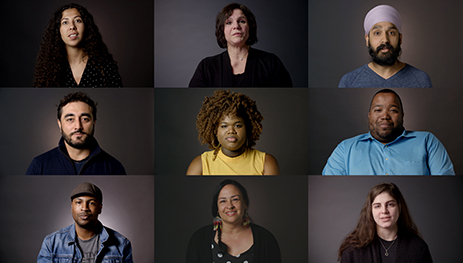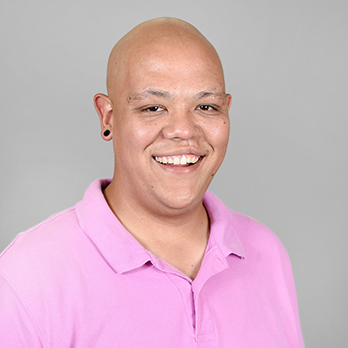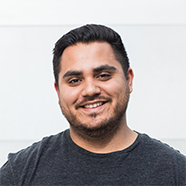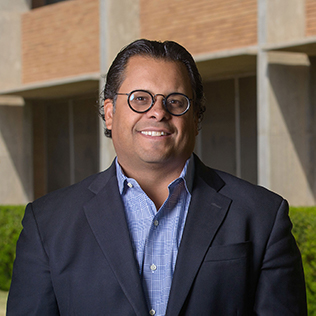About This Course
This course provides a foundation for future courses in our To Be Welcoming Curriculum. This module will offer key terms, introductory videos and an overall vision for the course. The Foundation Course provides a framework for learners to understand and engage issues of race, gender, and class in everyday situations. The course will begin by defining by bias then push learners to recognize their own biases, and understand how bias affects others economically and socially. Exercises will highlight the difference between individual bias and systemic bias and the importance of empathy in engaging critical dialogue about social differences.
Course Overview
Public spaces and third places are more welcoming to all when we celebrate our shared humanity. By understanding each other, we deepen connections. To encourage more meaningful conversations on this topic, leaders at Starbucks reached out to the experts at Arizona State University to create this 15-course curriculum, designed to address bias through understanding the human experience.
This foundational course will introduce you to the purpose, goals, organization, and key concepts presented throughout the To Be Welcoming course series. The key concepts will help you uncover connections between bias and discrimination at an individual and institutional level. You will learn to use empathy as a social and interpersonal tool to understand differences and promote equity.
The instructional resources presented in this course will help you to develop a foundational knowledge of empathy, bias, and discrimination in the political, social, and interpersonal realm. You will also develop skills to evaluate and address difficult topics related to bias and discrimination through dialogue in an objective and inclusive way. Finally, the foundational course is designed to empower you to dig deeper and get the most out of the courses in this series.
Course Objectives
- Define bias and other key terms that will be used throughout the series.
- Recognize having bias is not inherently bad and is part of being human.
- Explain the similarities and differences between conscious, unconscious, individual, and systemic bias.
- Articulate how conscious, unconscious, individual, and systemic bias affects others.
- Evaluate personal bias with empathy and compassion and identify areas for growth.
Learners who complete this course will earn a digital certificate of completion.
Requirements
English proficiency
Meet Your Instructors
Dr. Jessica Solyom
Associate Research Professor
School of Social Transformation
Arizona State University
Jessica Solyom, Ph.D., received her doctorate in Justice and Social Inquiry from Arizona State University. She has worked in research, program development, and program evaluation for postsecondary institutions in promoting diversity in curriculum, pedagogy, and classroom management for over 10 years. Her research focuses on diversity, belonging, and justice. Her scholarly publications have explored the justice-related struggles of historically underrepresented students including explorations of race and gender in student leadership, persistence for students of color in predominantly white postsecondary settings, and education rights activism among Indigenous college students. She is currently an Associate Research Professor and teaches courses on Research and Inquiry, Critical Race Theory, and Indigenous Knowledge Systems. Dr. Solyom serves as a mentor at the Center for Indian Education (ASU) in preparing and training rising students of color as community embedded researchers and servant-leaders.
Jeremiah Chin, J.D. Ph.D.
Postdoctoral Research Fellow
Center for Indian Education
Arizona State University
Jeremiah Chin, J.D. Ph.D., graduated from Arizona State University in 2016 with a JD from the Sandra Day O’Connor College of Law and a PhD from Justice and Social Inquiry in the School of Social Transformation. His research focuses on the intersections of race, law, and science—particularly in the Supreme Court. His dissertation looked at the role of social science data in Supreme Court opinions on Affirmative Action and Fair Housing, uncovering the interplay between Amicus Briefs, data and opinions of the Court. Currently, he is a postdoctoral research fellow at the Center for Indian Education, with research looking at the School to Prison Pipeline, the intersection of Race and Indigeneity, and importantly, co-creating a Critical Legal Preparation Program that would seek to create a pipeline to law school for underrepresented and first-generation students.
Nicholas Bustamante
J.D./Ph.D. Student
Sandra Day O’Connor College of Law
School of Social Transformation
Nicholas is a current joint law and doctoral student in Justice and Social Inquiry at Arizona State University. He has worked in research focused on the school to prison pipeline in Arizona for Native, Latino, and African American Students. In 2017-2018 he co-developed a critical legal studies program for first generation students interested in a legal career. Scholarly publications have focused on critical race theory, education, ethnic studies and Indigeneity. His doctoral research focuses on surveillance technologies and privacy rights for communities in the southwestern borderlands. Nicholas also volunteers at local immigration initiatives.
Dr. Bryan McKinley Jones Brayboy
Special Advisor to the President on American Indian Affairs
President’s Professor
School of Social Transformation
Director, Center for Indian Education
Arizona State University
Bryan is President’s Professor in the School of Social Transformation at Arizona State University. He is the author of over 90 scholarly products. His research focuses on the role of race and diversity in higher education, and the experiences of Indigenous students, staff, and faculty in institutions of higher education.
Frequently Asked Questions
What web browser should I use?
The Open edX platform works best with current versions of Chrome, Firefox or Safari, or with Internet Explorer version 9 and above.
See our list of supported browsers for the most up-to-date information.
